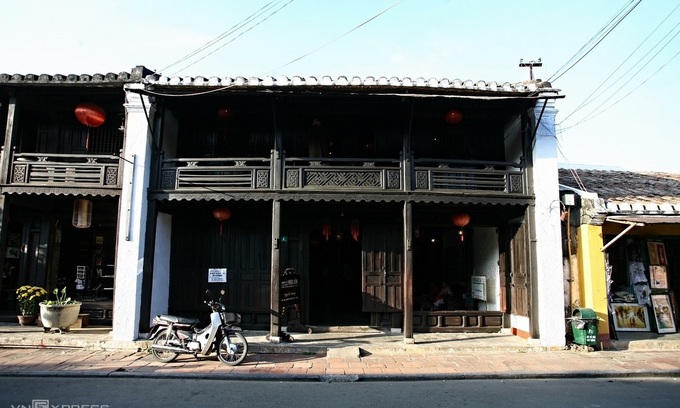
Following Covid-19 social distancing last year, hundreds of relics across Hoi An, a UNESCO heritage site, have been left heavily damaged by termites.
A survey by local authorities of nearly 800 relics shows over 260 ancient houses in Minh An, Cam Pho and Son Phong wards have suffered serious termite damage to their pillars, trusses, doors, walls, ceilings, wooden floors and diaphragms.
Pham Phu Ngoc, director of the Hoi An Center for Cultural Heritage Management and Preservation, on Tuesday said the situation is posing a huge safety risk as most Hoi An relics are built of wood.
Humidity caused by closures during the social distancing in several months last year and a series of storms and floods created the ideal conditions for termites to thrive.
Early signs of termite activity are difficult to detect since they penetrate from the ground up, causing damage from inside a structure, Ngoc said.
“Termites are one of the reasons for the rapid degradation of relics. Measures dealing with pests in Hoi An were approved by the People’s Council, aiming to exterminate termite nests and prevent their return or possible spread,” he added.
From 2010 to 2012, Quang Nam Province’s Department of Culture, Sports and Tourism together with the Hoi An Center for Cultural Heritage Management and Preservation and the Institute of Ecology and Works Protection coordinated on a termite prevention project, which was subsequently impeded by continued flooding.
